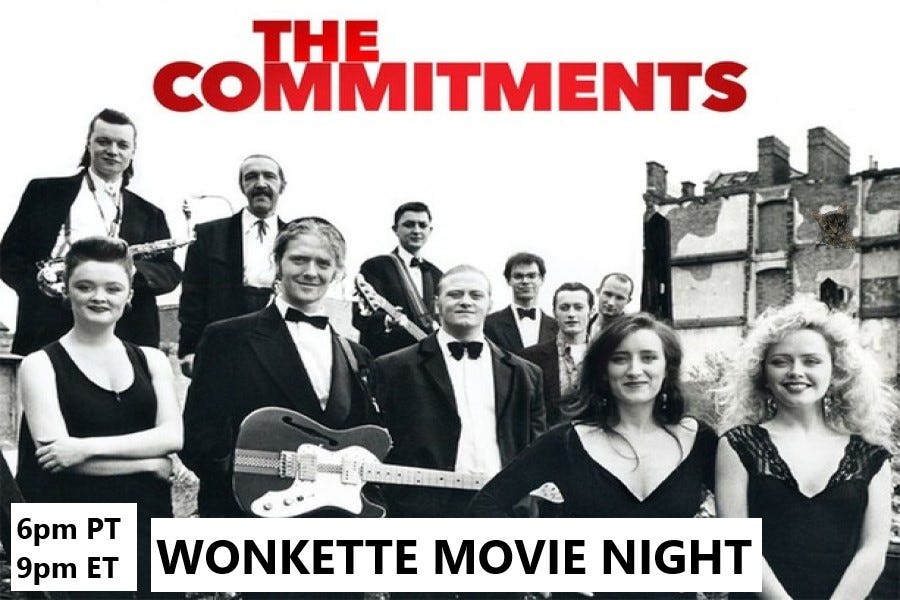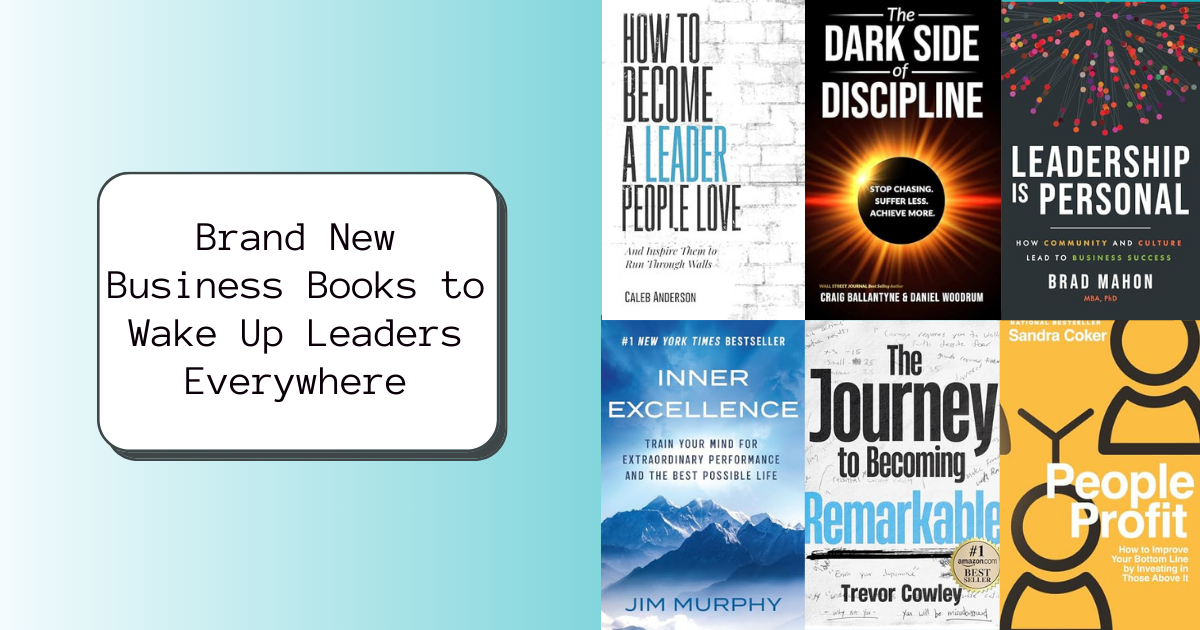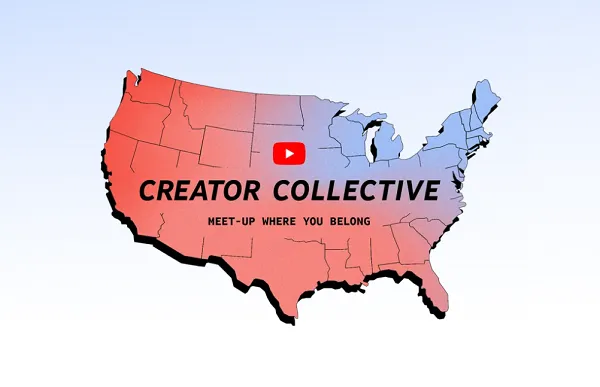Statistically, CEOWORLD magazine subscribers read four-five books a month. There are 20,000 books in print on leadership. Most make a yeoman’s effort to define leadership. Often by contrasting that to management.
Then, to add value to the droll reading, conflate the core of “leadership” to the holy grail of benefit: success. My definition of that hereinbelow.
Likely CEOWORLD magazine readers have read beacoup on that.
I did starting decades ago; more recently while drafting this pieces. Many definitions remain bargain-counter circular: if one wants to go to the left, one must make a left turn.
Readers of CEOWORLD magazine and this composition, have long ago tired of leaders versus managers, visionaries versus machines that execute their visions, leadership by example/fear/autocracy/benevolence/laissez-faire/charisma/checkbook … and a truckload of “musts” and “must-nots”.
Except when leaders “just don’t get it.”
Often, copious reporting from superbly educated and qualified “management” notwithstanding, leaders are confronted with: sometimes things that don’t make sense, just don’t make sense. That is a compelling inflection point that separates the proverbial wheat from the chaff in defining leadership: the quintessential opposite of homogenizing. Genuine leaders conclude: there must be something we just don’t know. Yet.
Then, they pursue at least two of my four pillars of success:
- Never consider failure an option.
- Do exhausting homework. Be a shameless researcher.
More on my “pillars” herein-below.
72 Things A Leader Is Not.
If this piece were bereft of salient thoughts proffered anecdotally, it would not be my writing.
Some years ago, being somewhat drug phobic and having witnessed the human tragedy of substance abuse and addiction, I added a day-long seminar on substance abuse to the mandatory management development program for the top 140 “leaders” and managers in our company. The company was inching to five hundred million in revenue; headed to a profitable billion.
I engaged a universally acknowledged expert in the US on substance abuse. We spent a day chatting. Next day, we started with the thirteen senior executives in the company assembled in a conference room. My long introduction focused on his preeminent credentials and the benefits our company and we, individually, will derive from his wisdom.
The attendees introduced themselves: something about their professional backgrounds, jobs and personal lives.
Our speaker started with: “Thank you Steve for the kind words and very good to meet you all.” After a long pause, he looked around the room with deliberate lingering and pronounced: “Four people in this room are substance abusers.”
One would think people at that level of leadership and senior management would be good at not squirming in their seats! Having been prompted beforehand by our speaker, and, confirming with him what I thought I saw after, I learned a relevant lesson in leadership.
Actually, two lessons. First, on critical observation: make that an intellectual process not entirely visceral.
Then: Know what you know! You know what you are: now be all that. As my brilliant and equally insufferable intellectual snob father pronounced: “If you cannot do it well, let somebody who can do it!” I might have been just out of diapers the first time I heard that.
Not parenthetic to this, two people of the referenced thirteen passed away as a result of substance abuse within three years.
A couple years after that substance abuse trip, I thought to leverage what I observed — as to process — to learn a bunch about leadership. Specifically, take advantage of smart and seasoned leaders to whom I presented my white-paper on leadership titled 72 Things A Leader Is Not. Full disclosure: all my reading to that point led me to understand how little I knew about leadership.
“72” things was deliberately overbroad. All the visible discomfort and “squirming” certainly qualified the “72” as to value/relevance. And signaled much about the attendees.
Traveling the next couple million life and “real” miles, I met a trickle of people I thought were indeed “leaders”. They helped me distill “72” down to a handful ON leadership. I admit to having struggled with those definitions since.
Thus, my subsequently delivered talks titled Leadership Du Jour.
Out with the Old, in with the New. – Nancy Robards Thompson, nearly 20 years ago.
Nouveau concept, somewhat balderdash as to leadership.
Living in our world of data onslaught at mind-bending speed and mind-blowing volume, leads to abandonment of fundamentals of prudent leadership.
Engenders fears of becoming roadkill on the no-speed-limits superhighway of perceived progress.
Do genuine leaders think: We ain’t going to do THIS better and bigger. Rather, we must do what is “hot”! Diversify far from our core competencies. Yes: we will do that better than the behemoths preceding us who have failed so mightily. Let’s forge ahead with [unwise] intemperance.
Destined to become talented beginners forever, doing what the whizzbang kids-du-jour are already doing.
You are quintessential leaders! You read all about the likes of you all over the place. You might have been lectured on that in school, by mentors, colleagues, uber-brained consultants. You are visionaries. Ordinary management is not for you.
I wonder about vision bereft of thoughtfully set and managed goals. Have you tried dreaming your way to success? How about entirely delegating your way to success?
A genuine AND successful leader today must exhibit vision. Also superior, classic management skills. Set ambitious yet attainable goals. If you are not clear where you are going, how are you going to get there? A leader must chart the path to those goals, create the decision-making and data analytics matrices, retain control. Delegate judiciously.
If a leader ignores the aforelisted, the “enterprise” may not recognize what it has achieved, where it has come up short or failed.
The CEOWORLD magazine topic that this piece addresses is Leadership (Managing People) & success.
Success is the holy grail of leadership. Success is a complex paradigm. Unique to individuals, groups of people, populations, ethnicities, economics, geo-politically, and specific to businesses. Success is often dictated by necessity rather than choice. I humbly proffer that leaders would benefit from reading, if not entirely adopting my Four Pillars Of Success.
The Cliff Notes
- ADOPT AND LEVERAGE THE SINGLE MOST IMPORTANT WORD IN LIFE AND BUSINESS. THE OPTIONS:
∙ FREE
Everybody in advertising has been told by the uber-brains that FREE is the most important word in advertising. Perhaps when Aaron Montgomery created the first direct mail catalog, and right through the 20th century.
Every offer now has a “FREE”. When everything is free, nothing is free! FREE has no value. It is just baked into everything sold.. NO
You all heard life scientists expound that “NO” is the most important word. Candidly, I don’t really know what life-scientists are. I expect those folks are degreed as are basket-weavers.Often “NO” is an ordinary, proverbial cop-out.
∙ YES
The only option for those seeking success and willing to take steps and risks to achieve. Leaders. It is “YES” people who forge ahead courageously when most seek reasons to say “NO”.“YES” people know that if you are afraid of wolves, best not be wondering into the forest! The forest of business is inhabited by all manner of wolves.
“YES” people push forth into that forest when they see opportunities. Opportunities they can:
– quantify as to potential
– qualify the downside liabilitiesThen put on their big girl or boy skirts and pants, and walk into the trees toward the ray of light they see, and begin to believe.
- NEVER CONSIDER FAILURE AN OPTION
∙ It is brainless to concede defeat.
∙ It is much easier to fail than to succeed.Leaders understand that all successful people fail at things, often, repeatedly. Sometimes spectacularly. What they all have in common is that their failures are never because of lack of effort or convictions. Rather: something just conceptually out of their grasp.
Churchill had this one on point: “Success is not final, failure is not fatal: it is the courage to continue that counts.”
In my view, there are three options in life and business: lead, follow or get out.
Get out?
What exactly is the point of that?
It is mindless to concede to defeat, even before starting anything.
∙ It is much easier to fail than to succeed.Follow?
Just get into the flow? Being ordinary is the path to obscurity.Lead!
The most elegant way to lead in life and business is be a thought-leader. To influence what people think. More importantly, how they think! That is the holy grail of leadership! - HOMEWORK. EXHAUSTIVE HOMEWORK.
∙ How much homework? Not enough! And when done, do some more!
∙ Being a shameless researcher dovetails exceptionally well with most people’s willingness, even eagerness, to share knowledge and help.
∙ Thereafter, there is no substitute for wisdom on the firing line. - OUT-WORK AND OUT-THINK EVERYBODY.
∙ Out-think? That is only rarely if ever possible!
∙ Out-work? That is possible. That you must try!
More “when we meet.”
Written by Steven J. Manning.
Have you read?
Female Founders Changing The Future of Their Industries.
Office Canvas Print Ideas for a Workspace Décor.
Alexander Studhalter’s view of the Swiss property market 2022.
Robert McKenna III Shares His 6 Top Tips on Maintaining Work/Life Balance in the Post-Pandemic Landscape.
Tips for keeping your business’s payroll organized and up to date.
How to Structure Your Email Signature as a CEO?
Track Latest News Live on CEOWORLD magazine and get news updates from the United States and around the world.
The views expressed are those of the author and are not necessarily those of the CEOWORLD magazine.
Follow CEOWORLD magazine headlines on Google News, Twitter, and Facebook. For media queries, please contact:
info@ceoworld.biz







































































